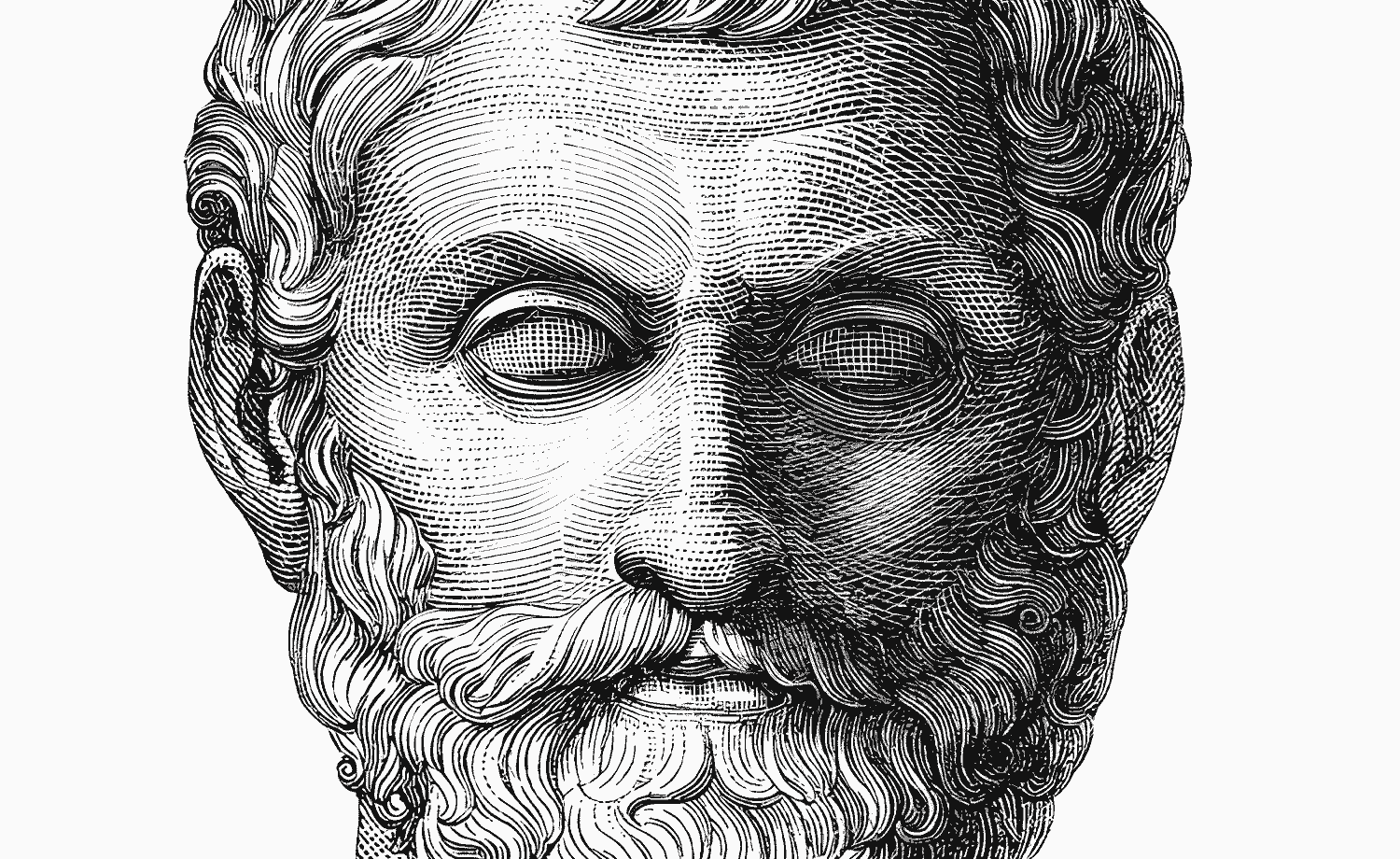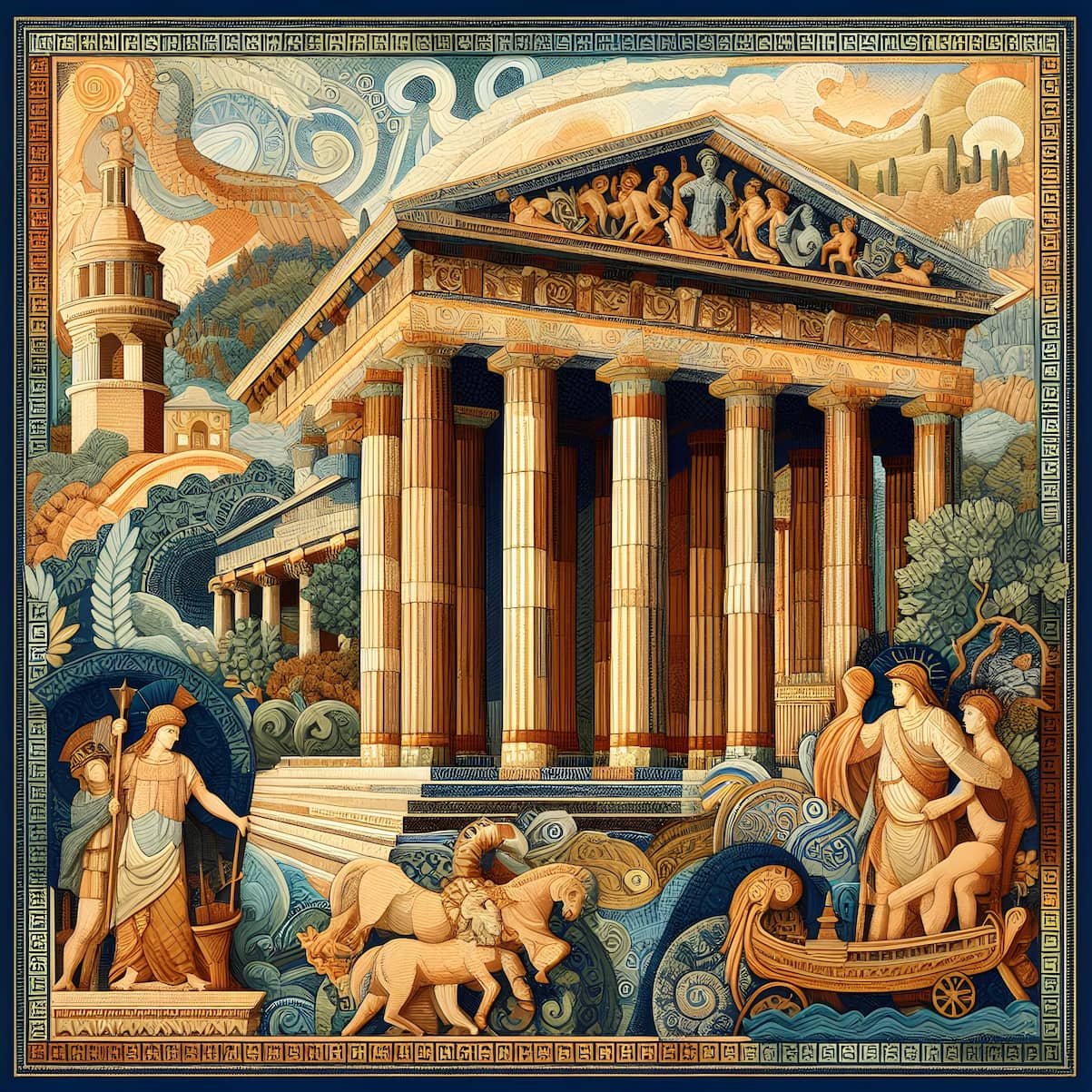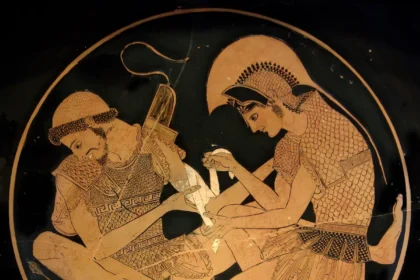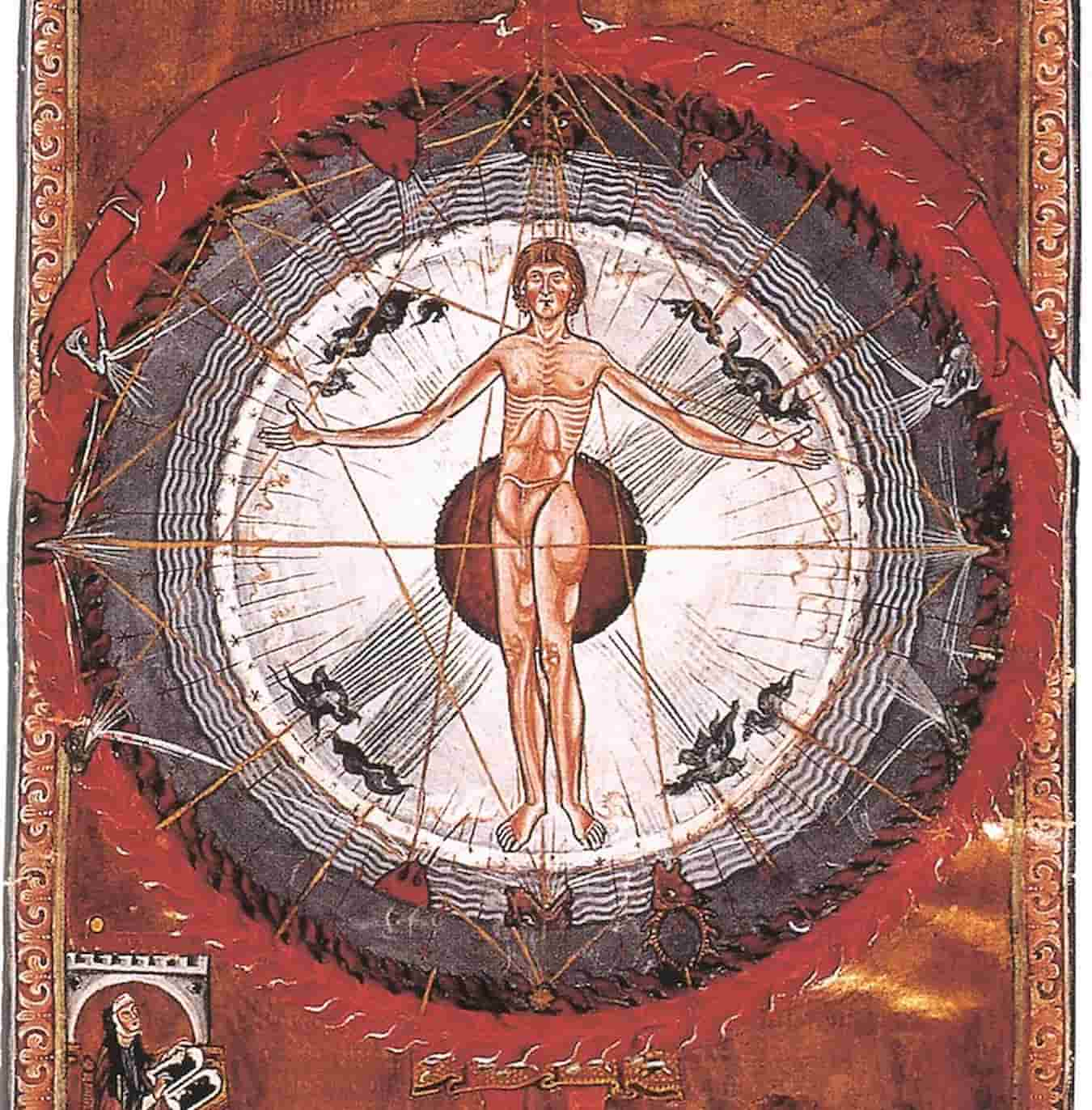Thales of Miletus, an important thinker in the fields of astronomy and mathematics, is sometimes cited as the first Greek philosopher. The Thales’ Theorem is named after him, and he is considered one of the Seven Sages of Greece. Thales of Miletus is a mysterious figure about whom not much is known. The most trustworthy sources tell us that he was born into a rich family in Miletus (Asia Minor, modern-day Turkey), and that he went on to pursue careers in philosophy, mathematics, astronomy, engineering, and politics.
Thales’ origin
The accepted birth and death dates for Thales of Miletus may be questioned, as can the dates for most other individuals from his time. We know that Thales lived from around 625 BC until 547 BC at Miletus. It is often believed that Thales was the creator of the Milesian School of thought (also known as the Ionian School) and several mathematical theorems, however, there is no definitive proof for all of them.
Nonetheless, his influence on philosophizing and scientific inquiry is undeniable. In ancient Greece, Thales was considered one of the Seven Sages of Greece. Because of his status as an idealized character from antiquity, his life story is also dependent on conjecture. However, one may infer certain truths that have been independently confirmed from the works of Herodotus, Diogenes, and Aristotle.
Thales was a politician
Thales started off as a trader and then moved into politics. He would be of Greek or Phoenician descent being the son of trader Examyes, and mother Cleobulina. In the battle between the Greek city-state commanded by Croesus, King of Lydia, and the Persian King Cyrus II, Thales played a pivotal role as a political advisor for Croesus. During Cyrus’s triumph, the city-state of Miletus was spared by an alliance with Croesus, which Thales opposed. With his economic acumen and political influence, Thales quickly became a wealthy and famous figure.
Thales was a mathematician
The mathematician was likely introduced to Egyptian and Babylonian knowledge on a visit to Egypt. In that location, Thales used a shadow cast on the ground to determine how tall the Pyramid of Cheops was; his measurement was very close to the one we calculate today. Even though Thales’ Theorem does not cover the same thing in all countries, he is still the creator of a number of studies in geometry. Even though the proof of his studies did not surface until many centuries after Thales’ death, his name has been associated with the field of mathematics forever.
Thales was an astronomer
The duration of a year (365 days and 6 hours), the sizes of the Sun and Moon, and the lunar ephemeris were all computed by Thales, who is also regarded as one of the first astronomers. Also, Thales correctly prophesied a solar eclipse that happened amid a conflict between the Lydians and the Medes (Persians). His approach was groundbreaking at the time. Indeed, he was not content to just list characteristics; rather, Thales carefully examined, probed, and investigated the source of the occurrences he saw. He abandoned mythology in favor of a more scientific worldview, which inevitably led him to theorize about the nature of reality.
Thales was a philosopher
The ancient Greek philosopher Thales of Miletus looked to the water that made up the world around him to gain insight into nature. Everything, in his view, could be traced back to water. Water, being fundamental to all forms of life, became the guiding force of the cosmos, the foundation upon which air, fire, and earth rest. Because of his method and his many scientific investigations, Thales is still well-known today for having introduced the first rationalization of the world. Two centuries later, when Plato and Aristotle were developing their philosophies, this idea had a significant effect on their work.
The legend has it that, despite the importance of writing to the Ionian School—the school he is said to have founded—Thales never wrote a word. Since the 8th century BC, Milet has been the dominant naval power in Asia Minor. Several historical authors confirm that Thales, excluding his travels, probably spent his whole life in his own city. This implies a concentration of knowledge and power at the heart of this city. In a progressive move, his institution, the Ionian School, maintained the role of God in its lessons while still pursuing rational rational thinking. The guiding principles of the Ionian School of thought were the pursuit of natural causes and the application of reason.
Thales predicted the solar eclipse of 585 BC
Thales’s predicted solar eclipse of 585 BC occurred on May 28.
It was foretold by Thales, the ancient Greek philosopher and astronomer, that a solar eclipse would occur in the year 585 BC. And after the eclipse happened, Thales shot to fame overnight. No one knows how Thales was able to make this forecast, although it’s possible he used calculations based on the motion of the stars. Another possibility is that he had some kind of insight into the Saros cycle, the predictable time frame between eclipses. A conflict between the forces of Babylonian King Nebuchadnezzar and the King of Lydia was halted during this eclipse, according to Herodotus.



















